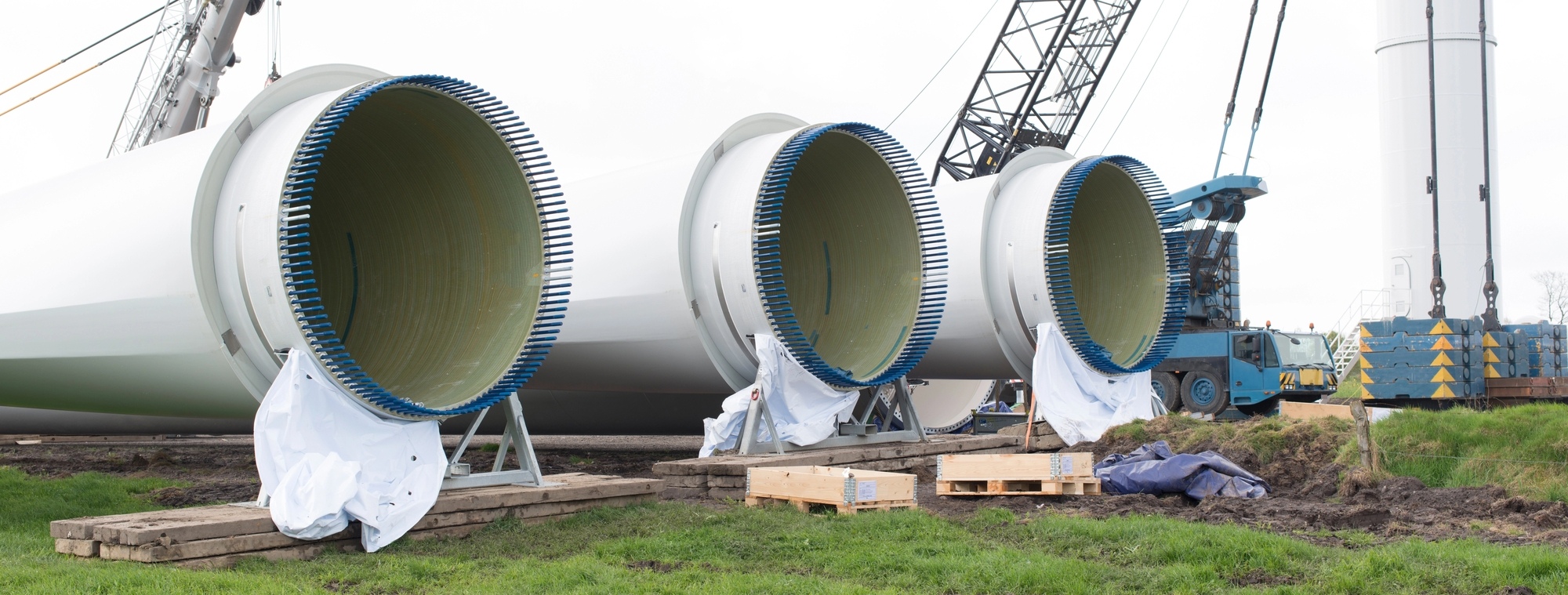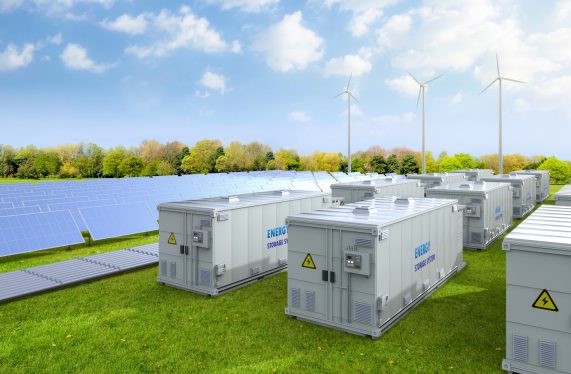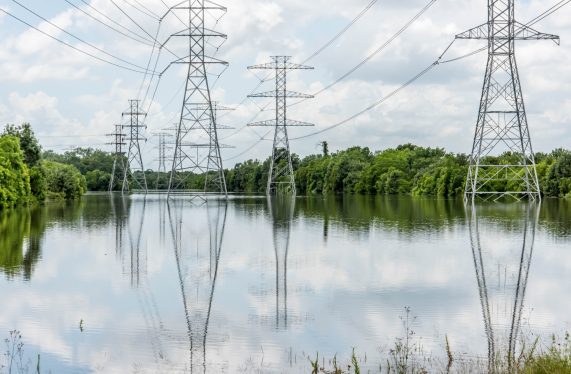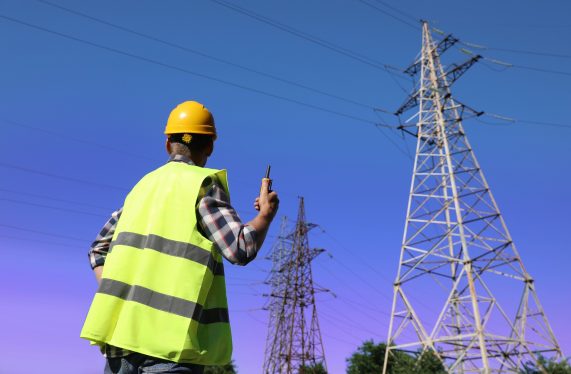Steel, a linchpin in the progress of human societies, finds application in diverse sectors such as infrastructure, construction, transportation, and household appliances.
Its recyclability without loss of quality positions it as a cornerstone for transitioning towards a more circular economy.
Despite these merits, the steel sector remains a significant contributor to climate change, accounting for 7% of global energy-related carbon dioxide emissions, a stark reality highlighted in the "Towards a Circular Steel Industry" report by the International Renewable Energy Agency (IRENA) in July 2023.
This arises from the sector's heavy reliance on fossil fuels for both energy and reductants in processing iron ore.
To achieve a truly sustainable and climate-neutral steel sector, a multifaceted approach is essential.
Enhancing material efficiency, increasing the share of recycled steel, optimizing production processes and minimizing construction materials are pivotal steps, but they alone cannot guarantee long-term environmental sustainability.
The crux lies in a fundamental shift towards sustainable energy sources in steel production, emphasizing the scale-up of renewable energy use within the sector.

Collaboration is key in identifying and implementing best practices across major steel-consuming sectors.
Mutual learning and the exchange of regulatory experiences can significantly contribute to the more efficient use of steel on a global scale.
A crucial aspect of this collaboration is the core role played by steel scrap recycling in enhancing circularity as well as the reuse of undamaged steel structural elements in new constructions.
Currently, approximately 30% of steel comes from recycling scrap, a proportion set to increase as more scrap becomes available in emerging economies.
By 2050, it is envisioned that nearly half of the world's steel production could be sourced from recycled scrap.
National governments play a pivotal role in this shift towards circularity by enforcing regulations that ensure environmentally sound steel scrap collection and sorting processes.
This not only facilitates the increased use of recycled steel but also minimizes contamination by other materials, such as copper, enabling higher-quality steel specifications.
However, the ultimate transition to a more sustainable steel sector necessitates a shift from fossil-fuel-based to renewables-based steel.
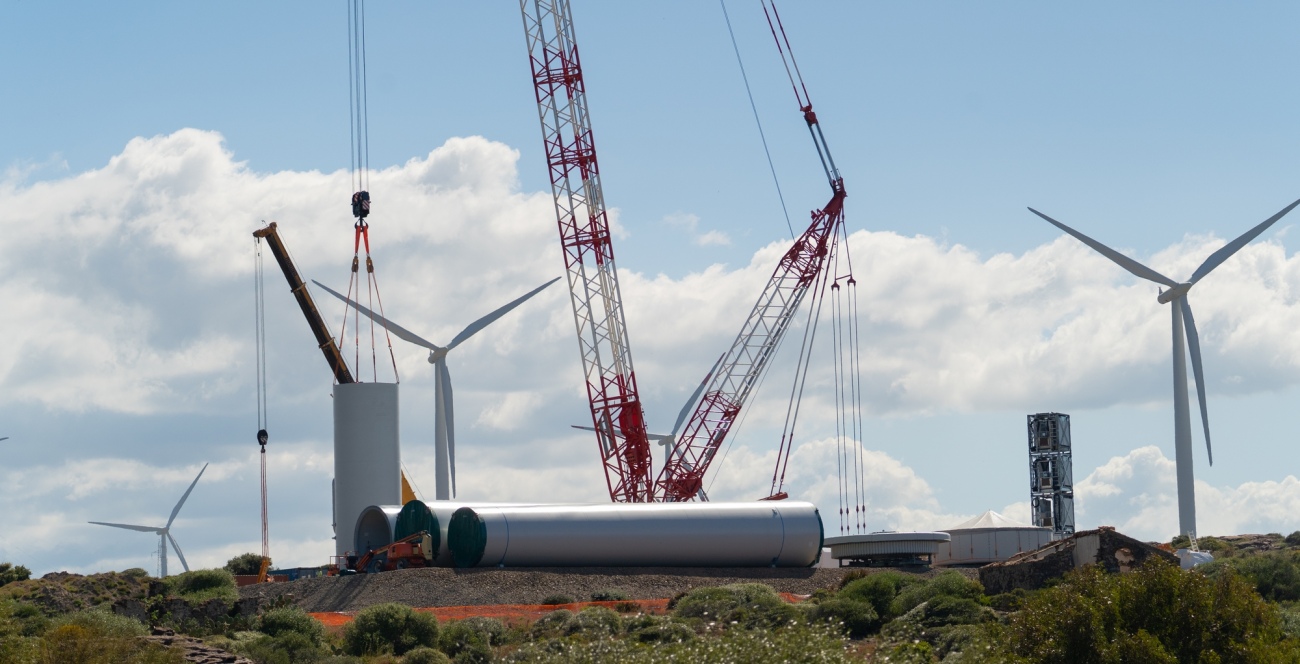
Although renewables currently supply a significant fraction of the power used for secondary steel production in electric arc furnaces, primary steel production, constituting 70% of global steel output, remains predominantly reliant on fossil fuels.
Decisive policy support in the early stages of technology adoption is crucial for transitioning towards renewables-based steel.
National-level policies defining roadmaps for sector transformation and the adoption of supporting measures are vital, but given the international trade nature of steel, multilateral coordination is equally paramount.
In this context, collaboration among nations emerges as a recommended focus area.
Through dialogue, internationally agreed definitions, standards, and certifications for low-carbon steel can be established.
Multilateral public procurement commitments can create initial demand, while knowledge exchange on technology research and development, professional skills needed for the transition, and technical and financial assistance to developing countries can accelerate the global shift towards renewables-based steel.
In conclusion, the steel industry stands at a critical juncture where circular and green approaches are not just strategic choices but imperatives for a sustainable future.
The collaboration of nations and industries is essential to forge a path towards a sustainable steel industry that not only meets the needs of today but safeguards the planet for generations to come.
